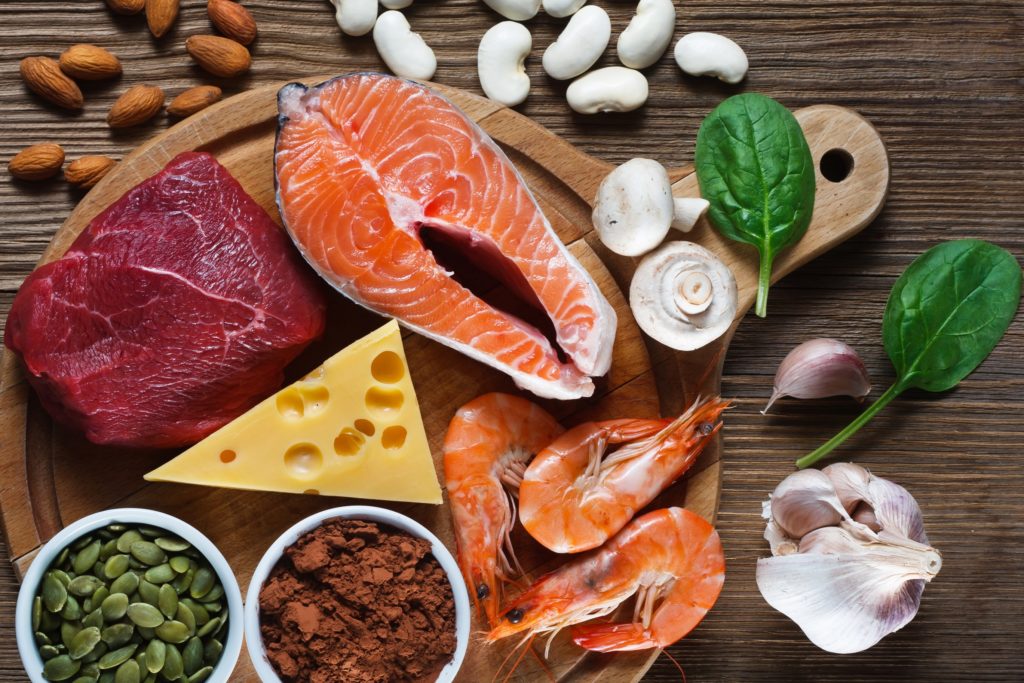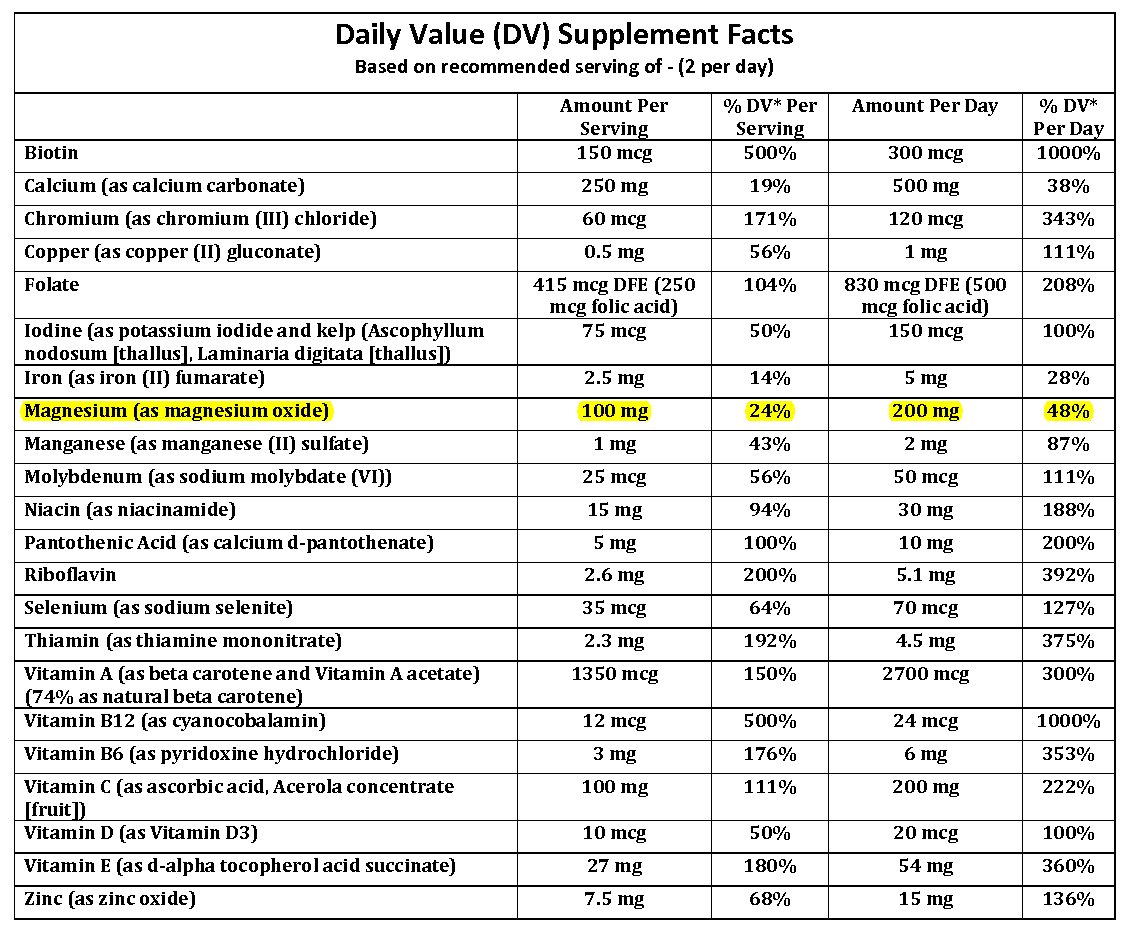
zinc...
Why do we need it?
What is it?
Zinc, a nutrient found throughout your body, helps your immune system and metabolism function. Zinc is also important to wound healing and your sense of taste and smell.
With a varied diet, your body usually gets enough zinc. Food sources of zinc include chicken, red meat and fortified breakfast cereals.
People use oral zinc to help treat colds, but it can decrease the effectiveness of certain drugs and cause side effects.
Zinc that's used topically is known as zinc oxide. Zinc oxide cream, ointment or paste is applied to the skin to prevent conditions such as diaper rash and sunburn.
How much do we need each day?
The recommended daily amount of
zinc is:
8 milligrams (mg) for women
11 milligrams (mg) for adult men
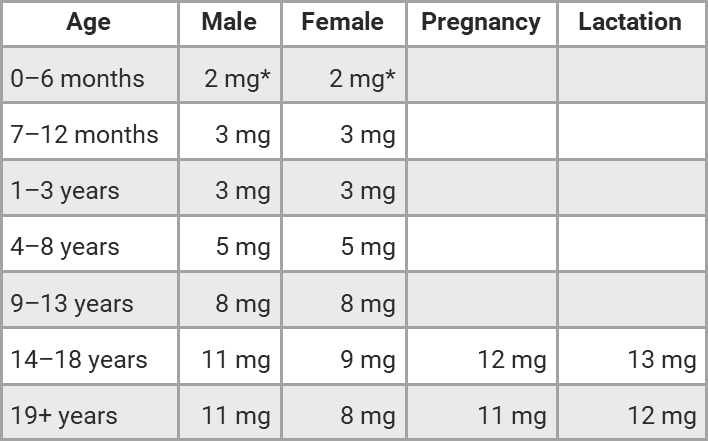
What does it do?
Research on oral zinc for specific conditions shows:
When taken by mouth
Zinc is likely safe when used in amounts no greater than 40 mg daily. It is possibly safe when taken in larger doses, especially when used only for a short period of time. But taking doses higher than 40 mg daily might decrease how much copper the body absorbs. Taking very high doses of zinc is likely unsafe and might cause stomach pain, vomiting, and many other problems. Single doses of 10-30 grams of zinc can be fatal.
When inhaled: Zinc is possibly unsafe when inhaled through the nose. It might cause permanent loss of smell. Avoid using nose sprays containing zinc.
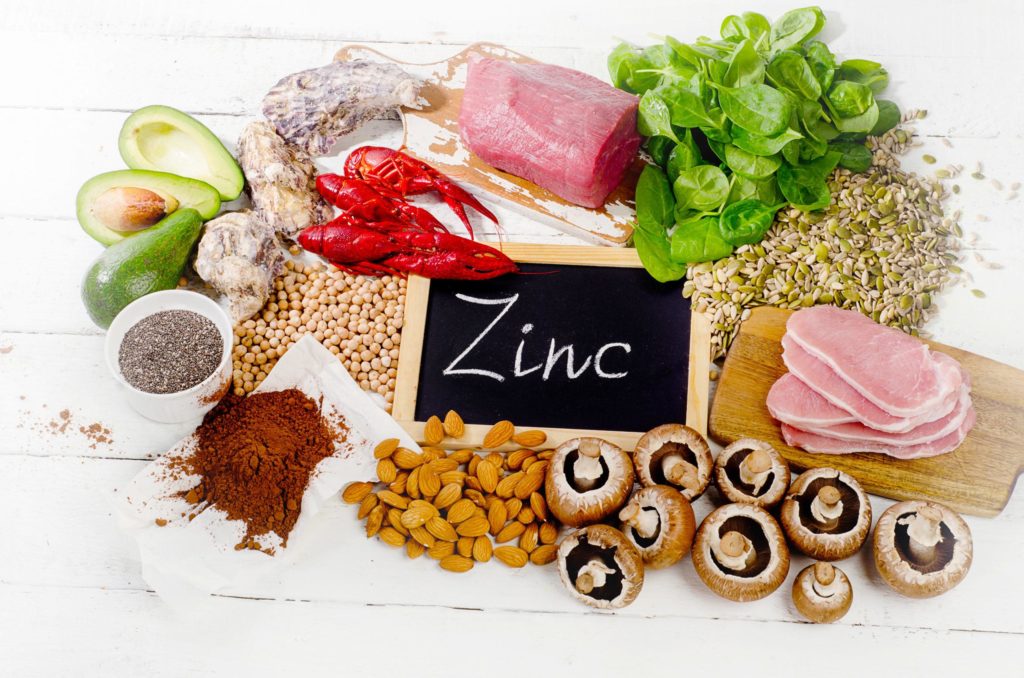
Food Sources
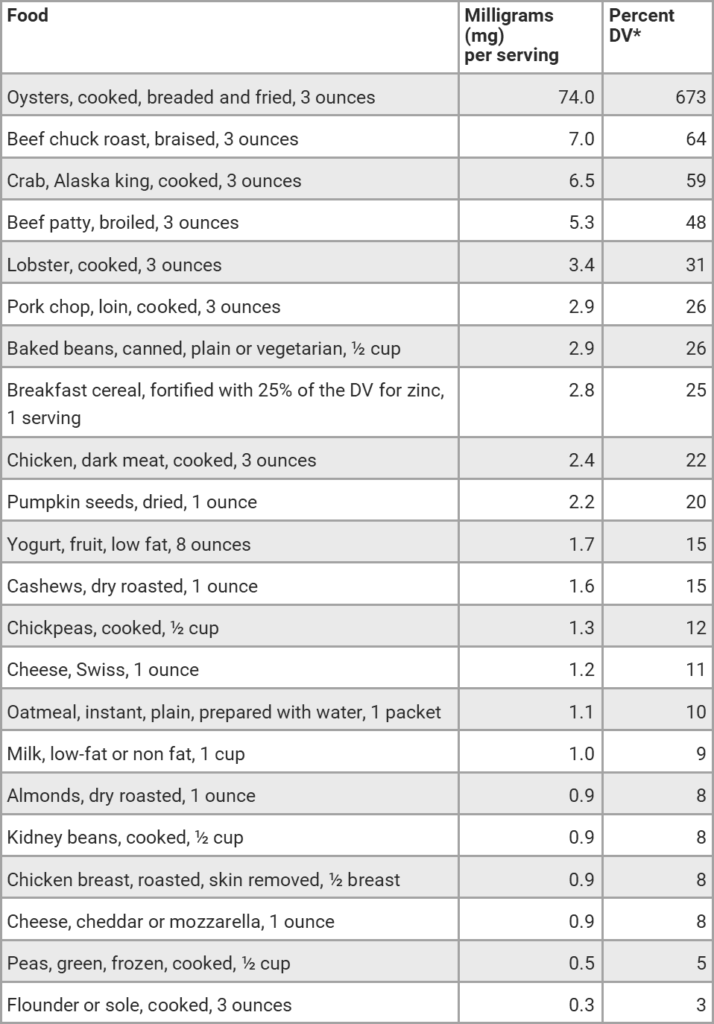
What if I have a shortage?
People who have low levels of zinc appear to benefit most from zinc supplements. This kind of deficiency isn't common in the United States.
